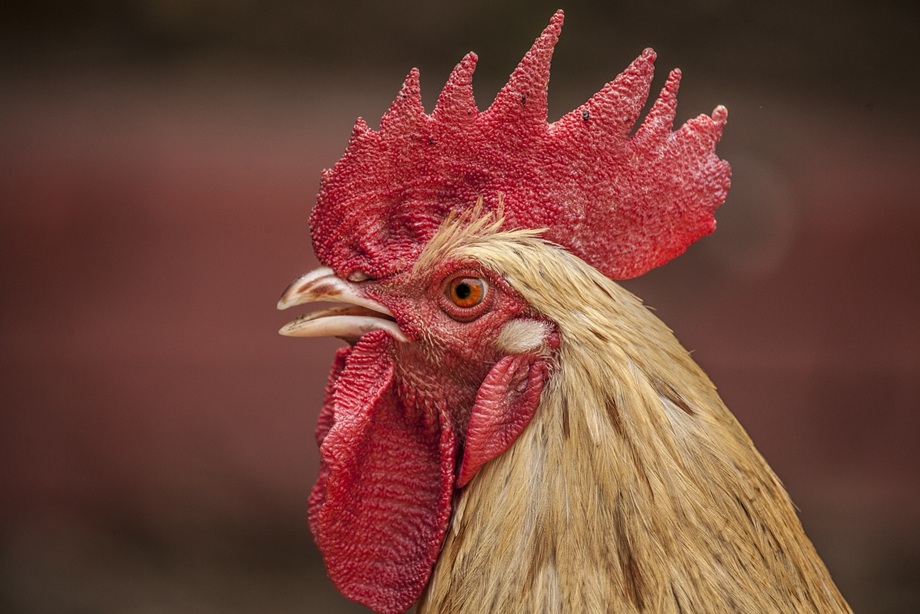A Strategic Vision for the Future of Animal Health in Europe

Animals play a vital role in European life, from shaping rural landscapes to providing food, companionship, and essential ecosystem services. Ensuring their health and welfare is therefore critical. In recent years, Europe has witnessed a troubling rise in outbreaks of animal diseases, including African Swine Fever (ASF), Highly Pathogenic Avian Influenza (HPAI), Bluetongue (BTV), and Lumpy Skin Disease (LSD), even in regions previously considered low-risk. These outbreaks pose serious threats not only to animal health but also to the livelihoods of farmers, the stability of rural communities, and the security of the European Union’s food supply. The economic, environmental, and social consequences can be devastating.
A shift is urgently needed in how Europe addresses animal diseases
Despite this, the prevailing response strategy remains largely reactive. Action is typically taken only once a crisis is underway, relying on drastic and often traumatic measures such as mass culling, quarantines, and market closures. Even vaccination, one of the most effective tools available to prevent the spread of disease, is often overlooked or delayed. Vaccines tend to be developed and deployed only after outbreaks have already begun, as seen recently with the emergence of the BTV-3 strain in the Netherlands. This “firefighting” approach is no longer sustainable, nor is it sufficient to protect Europe’s animals or its citizens.
The veterinary medicines association, AnimalhealthEurope has called for an urgent shift toward a “fire prevention” strategy: one that anticipates risks, prioritises preparedness, and enables rapid, coordinated action before diseases spiral out of control.
Many parties agree, including AgriFish ministers, that a fundamental change in how Europe addresses animal diseases is needed, moving away from a crisis-driven mindset toward a proactive, integrated, timely and long-term strategy. At the May 2024 AgriFish meeting Hungary added an AOB on Vaccination – a tool in the fight against animal diseases which was supported by 12 other Member States.
While EU legislation on transmissible animal diseases already exists, recent experience has made it clear that laws alone are not enough to prevent the far-reaching consequences of disease outbreaks. At the same time, the EU’s current trade policy does little to encourage a proactive approach to vaccination. Vaccine uptake among farmers remains inconsistent, largely due to lingering concerns about trade restrictions on vaccinated animals and their products.
Four Key Actions for Animal Health
To ensure that Europe is truly prepared for future animal health emergencies, strategic measures are needed, focusing on prevention, innovation, and efficiency, while also strengthening cross-sector collaboration and coordination. As EU agriculture ministers have noted vaccination must be recognised as a core component of animal health policy, on par with treatment and biosecurity, and its use should be actively promoted among farmers and the wider public.
In light of these challenges, AnimalhealthEurope, the association representing manufacturers of veterinary medicines and vaccines have proposed four key actions to shift toward a more resilient and preventive system for animal health in Europe.
- There should be a regular and structured dialogue between the animal health industry and veterinary authorities. This partnership would help anticipate demand and increase preparedness. By sharing data, especially for known diseases where surveillance information is available, it becomes possible to make early estimates about disease occurrence and potential impacts. This dialogue would also facilitate joint planning and foster mutual trust. Ideally, mechanisms for risk-sharing and incentives could be introduced to support the industry in producing vaccines rapidly and to encourage farmers to adopt preventive measures, such as vaccination. Additionally, this could be supported by more flexible regulatory pathways, allowing for faster authorisation of the necessary products during emergencies.
- Europe needs a dedicated rapid alert and response mechanism. At the first signs of a transboundary animal disease outbreak, the Chief Veterinary Officers (CVOs) of the affected countries should be able to contact the industry association immediately. This would enable an urgent, coordinated meeting to determine the necessary response and implement it promptly.
- The EU must ensure that the Animal Health Law, Regulation (EU) 2016/429, is fit to meet future challenges. The ongoing evaluation of this regulation presents a key opportunity to address its current limitations. Given the evolving nature of animal health threats, the law should allow for regular updates to the list of notifiable diseases, ensuring it reflects current realities. It should also support the creation and management of banks for antigens, vaccines, and diagnostic reagents to enhance preparedness and response speed.
- A more coordinated European approach to animal vaccination is needed. Currently, Member States respond differently to the same diseases, which can hamper the movement of animals within the EU and, in some cases, prolong the presence of a disease on the continent. A unified EU-level vaccination response would enable a more effective and harmonised strategy, avoiding unnecessary trade disruptions and enhancing disease control.
Keeping animals healthy and avoiding mass culls must be an EU priority
Animal diseases, especially those with high morbidity or mortality, can have severe consequences not only for animal welfare but also for food security, antibiotic use, the economic viability of farming communities, and even public health. The European Union cannot afford to fall behind. The rise of zoonotic threats, the impact of climate change, and increasing pressure on food security necessitate a paradigm shift: prioritising prevention and making animal vaccination a political, economic, and health priority. Only a prepared, proactive, and coordinated Europe will successfully face future challenges in the agri-food sector.